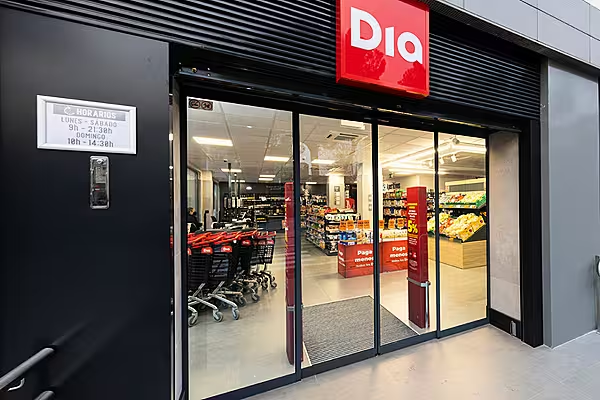The latest Income Tracker report from UK retailer Asda reported that November was the third consecutive month of single digit spending power growth for UK families.
Disposable income grew by 4.5%, with families enjoying an average of £202 per week in discretionary income.
However, the growth could slow due to high fuel prices and increasing inflation, the retailer said.
Petrol prices increased by 7.4% year on year that month, the highest since July 2015 (due to the weak pound and higher global fuel prices).
The upward swing in the consumer price index continued, with inflation reaching a two-year high of 1.2%, rising 0.3% since October, Asda reported.
Price hikes tagged onto clothing and fuel, along with rising service costs, such as utilities, restaurant visits and hotel stays contributed to the increase.
However, families still possessed £202 of discretionary income in November, a rise of 4.5%, or £9, from the same time in 2015. Deflation in food prices (-2%) and mortgage interest repayments (-6%) offset other price increases, keeping the cost of living relatively constant.
Kay Neufeld, an economist at the Centre for Economics and Business Research in the UK, commented: "Households’ weekly spending power is still increasing, but this might not be the case in 2017. The greatest danger stems from rising inflation paired with a flailing labour market. While wage growth has accelerated in the latest readings, employment growth has slowed and the claimant count is rising – an economic slowdown in 2017 could put additional pressure on the labour market."
November's report also revealed that under 30 households had the least discretionary income of any age group, distinctly below the £154 average. Almost two-thirds of their gross income goes to essential expenses, such as food, rent or education.
© 2016 European Supermarket Magazine – your source for the latest retail news. Article by Karen Henderson. To subscribe to ESM: The European Supermarket Magazine, click here.











